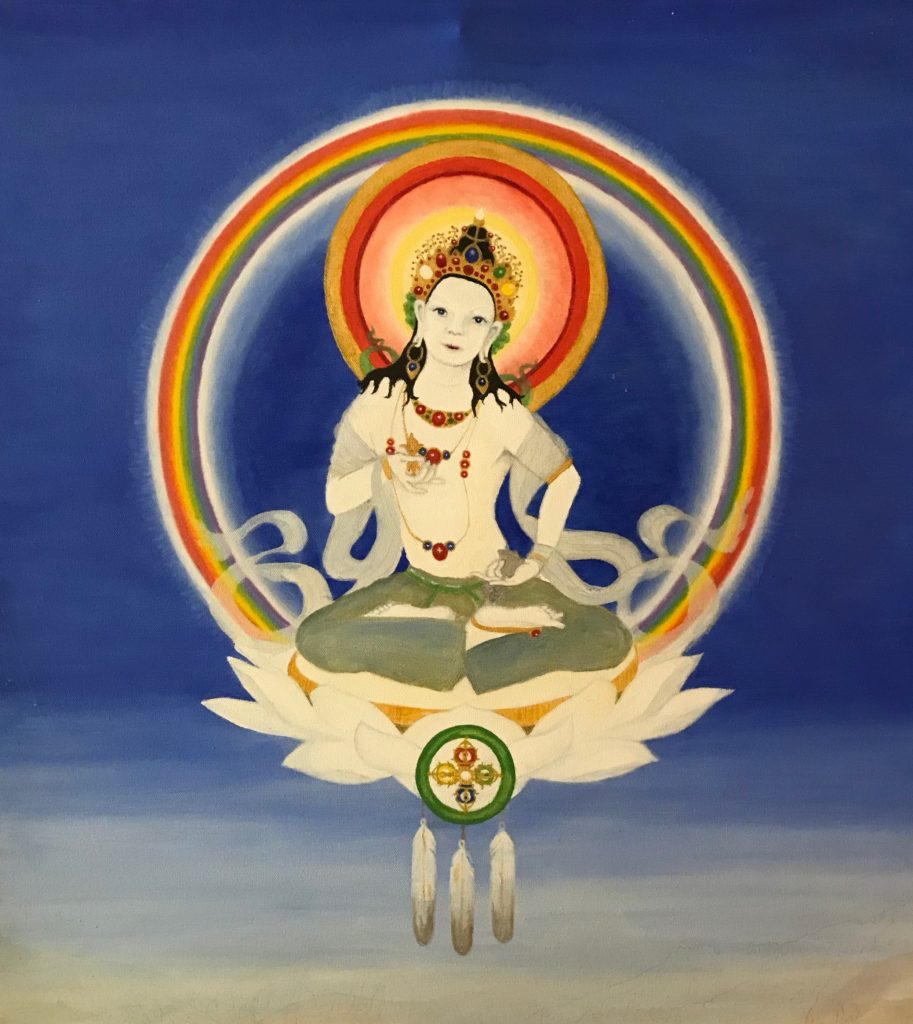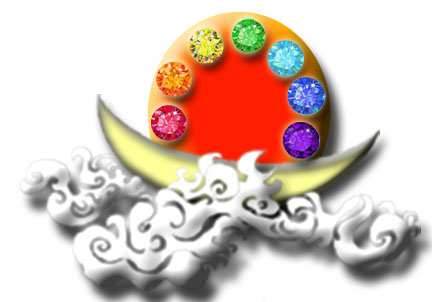
Much of last weeks discussion was on the process of purification and how we truly repent and the role that confession has in this process. We were reminded of the Four Opponent Powers or Forces that we draw upon. Although I believe they appear elsewhere in the teachings of Shakyamuni Buddha, they seem to be most closely linked to the Sutra of the Three Heaps (Trīskhandhadharmasūtra), a Mahayana confession sutra that includes the Homage to the Thirty-five Buddhas confession used by monastics to purifify their transgressions and downfalls.
The sutras say that “there can be no fault so serious that it cannot be purified by the four powers or four opponent forces.” Even Milarepa and Angulimala, who were both mass-murderers, were able to purify their negative karma and become enlightened in a single lifetime, but they both were able to do this by following enlightened masters and using these powers. These four opponent powers that are essential for successful purification are:
1) The power of regret: One begins by reflecting on regret; the awareness that actions we have committed bring suffering to ourselves and others. This is not the same as guilt, which implies a negative and helpless state of mind and is not useful, but a sort of “intelligent regret,” which is a very positive and creative mental state aimed at correcting the mistake so we won’t repeat it. There is no external source. We take responsibility for our actions.
2) The power of reliance: To correct our mistakes or negative actions directed toward either the Three Jewels or other sentient beings, we take refuge and generate bodhichitta. We rely on the Buddha who is our role model, the dharma that is the teachings of the Buddha, and the sangha. However, we always know that the responsibility is always ours. We “own” our behavior.
3) The power of remedy (the antidote): These are positive actions of body, speech, and mind that we do to purify the negativity. This is “building the wall” of good karma. This can include kind deeds, chanting mantras, meditation, etc. and the dedication of the merit of what we have done to help anyone we may have harmed. CLICK on some ideas from Western Psychology about how to and how not to apologize that sound an awful lot like these ancient teachings from the Buddha.
4) The power of resolve: This is our ongoing determination to never repeat the negative action and then not doing it again.
Of course there are Dharmas that can be learned to help elicit the support of the Buddhas and Bodhisattvas, but they all depend on these four powers and one such Dharma is the Supreme and Unsurpassable Mahamudra of Liberation. As was said in our discussion these four things are what we do. When the above definitions of the four opponent powers were included in an article in this blog in March 20, 2021, Reba commented that when he first learned the “Four R’s”, the group he was with followed these steps with the recitation of the Vajrasattva 100 Syllable Bright Mantra. I found a version of the practice that group followed that did include chanting the mantra four times as part of the third “Power of Remedy” to purify the body, speech, mind, and even the imprints of negativity of body, speech, and mind. That article also includes a translation of each of the terms in the mantra that you may find helpful. You will notice that this form of Vajrasattva Practice is very similar to our own SAUMOL and it may help you see just how the Four R’s relate to Vajrasattva. It comes from the tradition of Je Tsongkapa. They are what we can do in the purification process. Our cultivation must be done by each of us ourselves, but we can be empowered and be helped by the higher beings.



Add comment